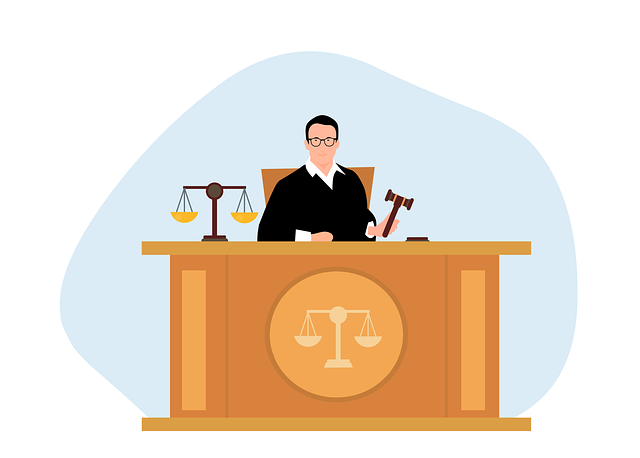Plea bargaining is a critical process in criminal justice allowing defendants to negotiate charges and sentences with prosecutors, offering benefits like reduced penalties and avoiding lengthy trials. However, it presents risks such as loss of control over the outcome and potential impacts on future opportunities. Weighing pros and cons, seeking expert guidance from criminal defense attorneys, is crucial for defendants facing serious charges to secure the best possible resolution tailored to their unique circumstances.
Criminal Defense Attorneys play a crucial role in navigating the complex legal system, especially when it comes to plea bargaining. This article delves into the strategic decisions facing defendants, balancing the pros and cons of accepting plea deals. We explore understanding plea bargaining from the defendant’s perspective, highlighting the benefits of plea agreements while also uncovering potential risks and implications. By weighing these factors, individuals can make informed choices that best serve their interests in the legal process.
- Understanding Plea Bargaining: A Defendant's Perspective
- The Pros of Accepting a Plea Deal
- Cons of Pleading Guilty: Risks and Implications for Defendants
Understanding Plea Bargaining: A Defendant's Perspective

Plea bargaining is a critical aspect of criminal justice that often plays a pivotal role in the lives of defendants. From the perspective of those facing charges, understanding this process is crucial for making informed decisions. In simple terms, plea bargaining involves the negotiation between a defendant and the prosecution to reach a mutually agreeable outcome, typically resulting in a guilty plea for reduced charges or a lighter sentence. This strategy offers several advantages and disadvantages for both corporate and individual clients alike.
While pleading guilty might seem like an admission of guilt, it can often lead to the complete dismissal of all charges, especially if the case is strong on one side. For defendants facing severe penalties, this can be a game-changer, offering a chance to move forward with their lives. However, it’s important to weigh these benefits against the potential consequences, as some plea deals may not always result in the best outcomes, especially for those seeking to win challenging defense verdicts.
The Pros of Accepting a Plea Deal

Accepting a plea deal has its advantages for criminal defendants facing serious charges. One of the primary benefits is the potential for a reduced sentence. Plea bargaining allows individuals to avoid the uncertainty and length of jury trials, which can be both emotionally taxing and financially draining. This process offers a more predictable outcome, where the defendant can agree on a plea deal with the prosecution, often resulting in a lighter sentence or even probation.
Additionally, for those accused of white-collar and economic crimes, pleading guilty can lead to an unprecedented track record of success. Many defendants prefer this route to avoid the risks associated with complex legal battles and the possibility of harsher punishments if found guilty at trial. By accepting a plea deal, individuals can maintain privacy, preserve their reputation, and move forward with their lives while ensuring they receive a just resolution within the legal framework.
Cons of Pleading Guilty: Risks and Implications for Defendants

When facing criminal charges, many defendants consider pleading guilty as a quicker and potentially less stressful option compared to going to trial. However, there are several cons and risks associated with this decision that every accused person should understand. One of the primary drawbacks is the loss of control over the outcome; once a plea bargain is accepted, the defendant agrees to the terms set forth by the prosecution, which may include accepting responsibility for the crime without fully understanding the implications.
Plea bargaining pros and cons for defendants vary widely across the country, depending on local legal practices and respective business norms. These agreements can impact future opportunities, such as employment prospects or eligibility for certain programs. For his clients, navigating these complexities requires careful consideration and expert guidance from criminal defense attorneys who can help mitigate potential negative outcomes and ensure the best possible resolution in light of the circumstances.
Understanding both the benefits and risks is crucial for defendants navigating plea bargaining. While accepting a plea deal can lead to reduced charges, time served, or a more favorable outcome, pleading guilty carries significant implications and potential long-term consequences. Weighing these factors, with input from experienced criminal defense attorneys, allows individuals to make informed decisions, ensuring they are not inadvertently setting themselves up for future challenges.






